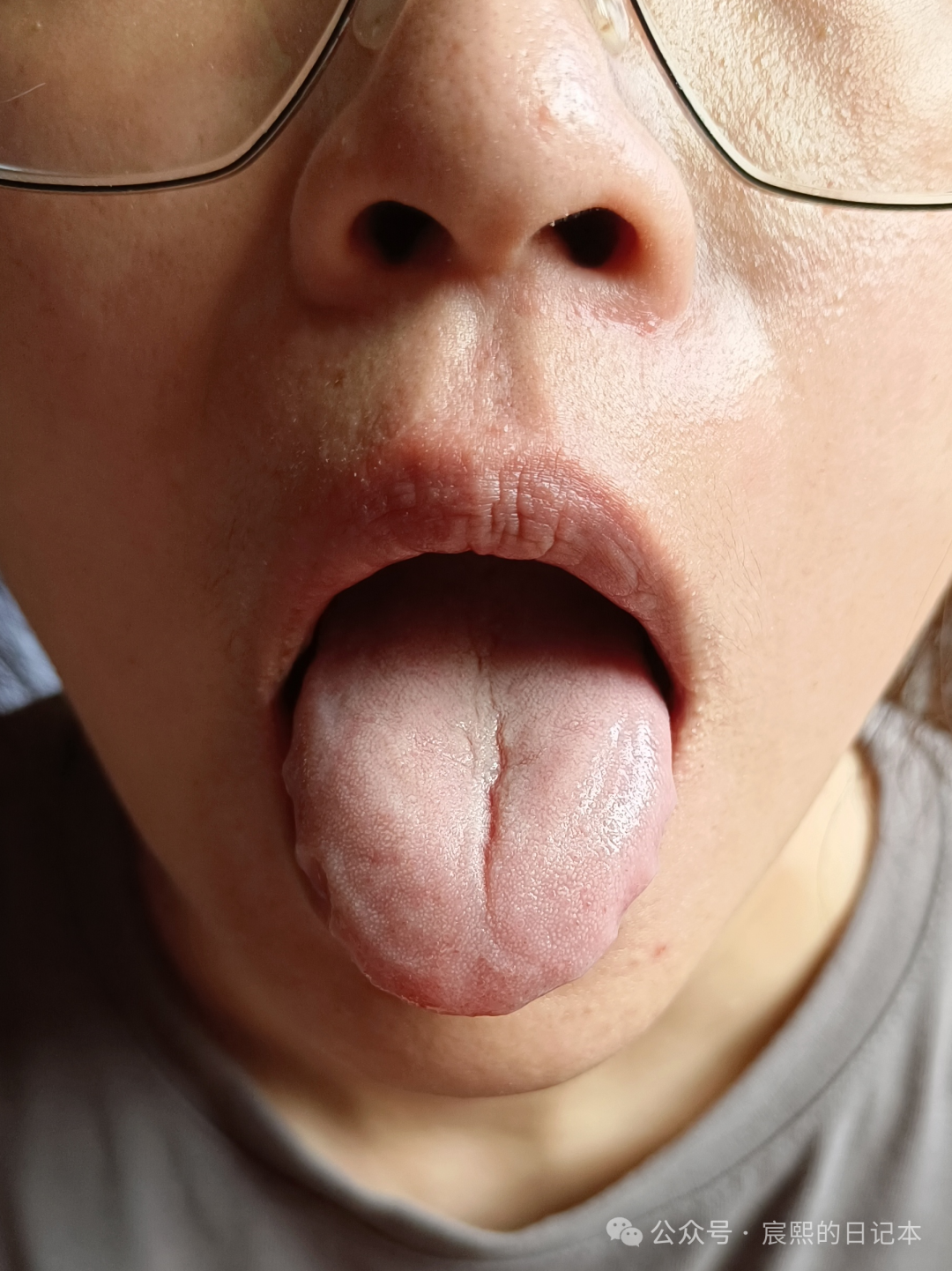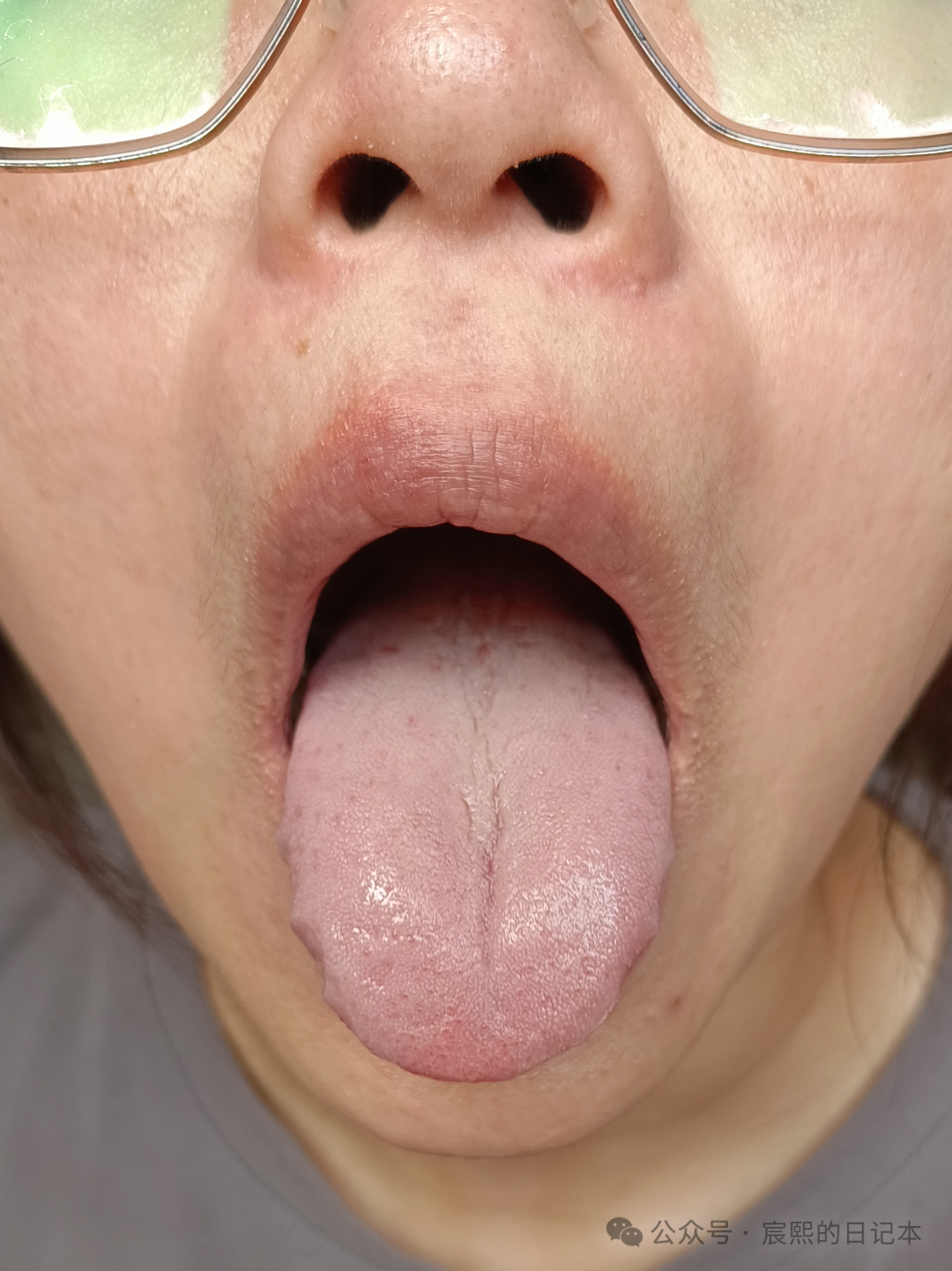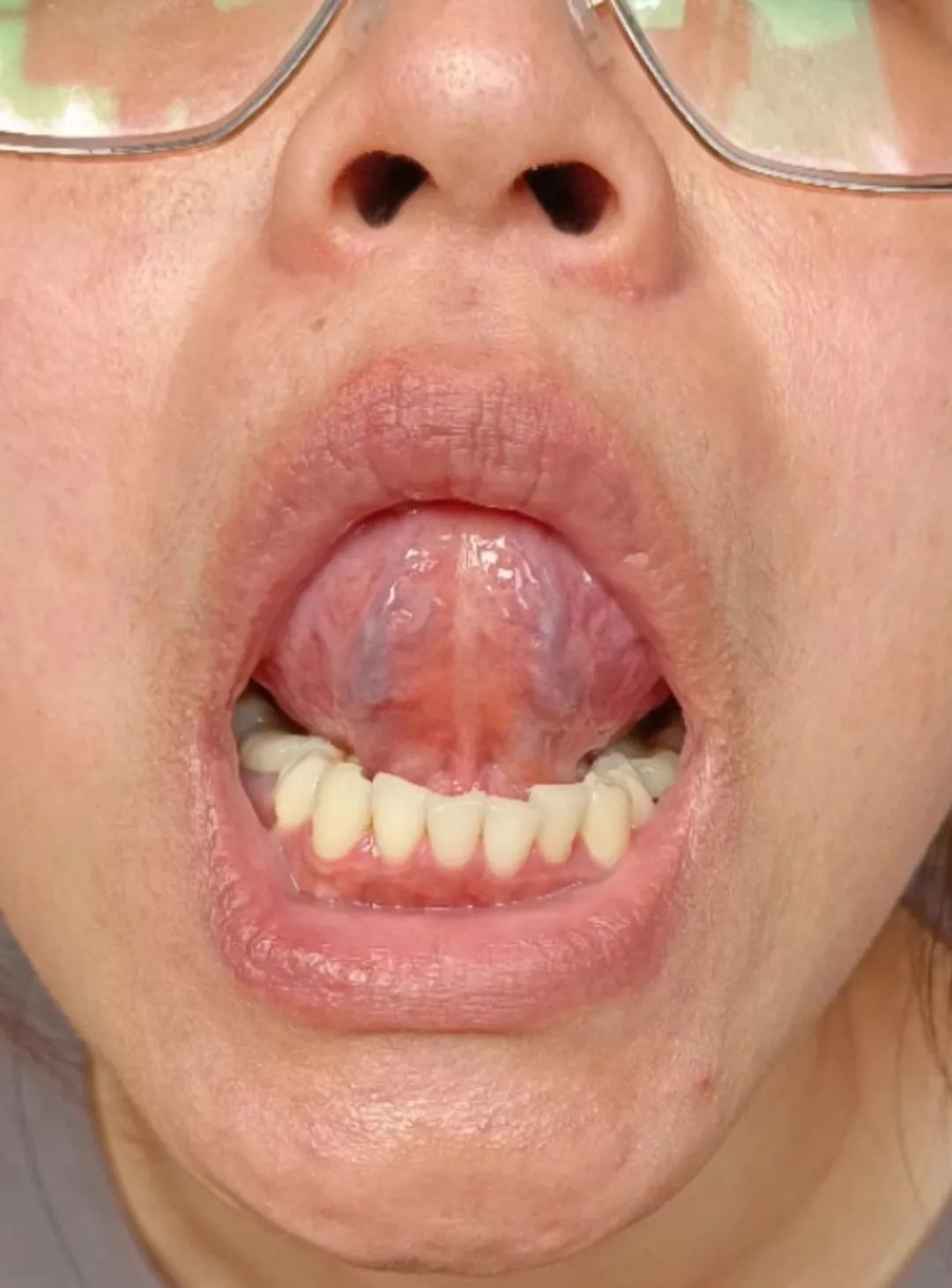
Recently, I have been studying pulse diagnosis and recording my insights as they come.
Instructor: Ben Cao Shu Xiang
1.Floating Pulse (Fu Mai)
Floating Pulse is felt with light contact on the skin; it is the primary pulse of the Cun (寸) position, which is normally a floating pulse. Floating pulse is also the pulse of autumn, meaning that during autumn, all six pulses tend to float slightly.
When the Floating Pulse appears at the Guan (关) position, it indicates a pathological pulse.
In normal conditions, the Guan pulse can be felt with a force of 3 units; during autumn, a force of 2 units is sufficient to feel the pulse, which is considered normal. If the pulse is felt with light touch, it indicates a pathological floating pulse.
For the Chi (尺) pulse, normally a force of 5 units is needed to feel the pulse; in autumn, a force of 3 or 4 units is normal. If it can be felt with just 1 or 2 units, it indicates a pathological floating pulse.
Floating Pulse indicates exterior conditions, wind, and interior deficiency; it signifies that the pathogenic factor is at the surface; it indicates wind, meaning internal wind is active; and it indicates interior deficiency, meaning Yang Qi is deficient and unable to consolidate.
A pathological floating pulse must be present at the Guan and Chi positions to be considered significant; merely having a floating pulse at the Cun position does not qualify.

2.Deep Solid Pulse (Chen Shi Mai)
01
When pressed firmly, the pulse is long and strong, and if there is a feeling of fullness, it is classified as a Deep Solid Pulse.
02
If the pulse is seen as full and robust, it should be called a Deep Solid Pulse.
03
Many lung cancer patients commonly exhibit a Deep Solid Pulse at the right Cun position.
04
Cold and damp stagnation can lead to a Deep Solid Pulse; warming the middle, warming the kidneys, eliminating dampness, and resolving phlegm can quickly dissipate the Deep Solid Pulse.

3.Rapid Pulse (Shu Mai)
When a person breathes, the pulse beats six times, it is classified as a Rapid Pulse.
Rapid Pulse indicates heat and deficiency, with deficiency referring to Yin deficiency, Yang deficiency, or deficiency of original Qi.
Rapid Pulse is commonly seen in three situations:
A: Wind-cold common cold with fever and rapid pulse.
B: Yin deficiency with internal heat, leading to rapid pulse.
C: Chronic illness, severe illness, weakness, and deficiency of original Qi often present with rapid pulse.
Case Analysis
|
|
|
|
Pulse Image:
Female, 36
Left hand: 82 beats per minute, pressure does not decrease, harder to press down, strong feeling of fullness
Cun: 2 units, short rapid
Guan: 1 unit, string rapid
Chi: 3 units, rapid
Right hand: Flooding rapid pulse, 80 beats per minute, pressure also has a strong feeling of fullness, difficult to press down.
Cun: 2 units, short rapid, same pressure
Guan: 1 unit, flooding large pulse, weak on deep pressure
Chi: 1 unit, weak, clearer on deep pressure
Rapid Pulse Analysis
Ben Cao Shu Xiang: Common cold with fever leads to rapid pulse; left Chi weak, slightly, indicating Yin deficiency with internal heat, leading to rapid pulse; right Chi weak, slightly, indicating deficiency of original Qi, leading to rapid pulse.
Without a cold, left Chi is not weak, right Chi is weak, indicating deficiency of original Qi.
I asked her if she experiences tidal heat, night sweats, or hot palms and feet, and she said no.
I then asked if she often feels tired, and she said yes; her mother describes her as being like a puddle of mud, lazy.
Her menstruation is always a week early.
Based on the above information, it should be Qi deficiency, deficiency of original Qi.
Floating and Deep Pulse Analysis
Ben Cao Shu Xiang: Floating pulse indicates interior deficiency; Floating Pulse indicates exterior conditions, and also indicates interior deficiency, where interior deficiency means Yang Qi is deficient and lacks consolidating power. Like a kite, if the consolidating power is weak, it will fly higher.
In this case, light pressure shows a floating pulse, while deep pressure shows a solid pulse.
Floating pulse indicates Yang deficiency and interior deficiency. Deep solid pulse indicates cold and damp stagnation.
Summary: Yang deficiency with interior cold.
Overall Analysis
White tongue coating, unformed stools: Yang deficiency with interior cold.
Deep pressure reveals a pulse, indicating Yin is not deficient. The tongue is slightly concave, indicating some deficiency of spleen Qi, and the right Guan is flooding large, indicating pathogenic excess.
Lips are not pale: blood is not deficient.
Chest tightness and tendency to sigh, tongue body is high and bulging, when I massaged her abdomen, I cried: Liver Qi stagnation.
Summary: Yang deficiency with interior cold and liver stagnation.
Treatment Principle: Warm the middle, warm the kidneys, eliminate dampness, resolve phlegm, soothe the liver, and strengthen the spleen.
Recommended Chinese Patent Medicine: Xiao Yao Wan (Free and Easy Wanderer Pill) + Fu Zi Li Zhong Wan (Aconite and Ginseng Pill).
Gua Sha Treatment: Liver, gallbladder, spleen, and stomach points, Eight Sacral Points. Umbilicus (Shen Que), Zu San Li (Stomach 36).
External Treatment Method: TCM external treatment for gynecological disorders (breast, uterus, ovary, etc.)
 END
END Chenxi’s ShopTraditional Brown Sugar | Wuyi Rock Tea | Three-Year Aged MugwortWild Camellia Oil | Horn Comb | Gua Sha Board
Chenxi’s ShopTraditional Brown Sugar | Wuyi Rock Tea | Three-Year Aged MugwortWild Camellia Oil | Horn Comb | Gua Sha Board




